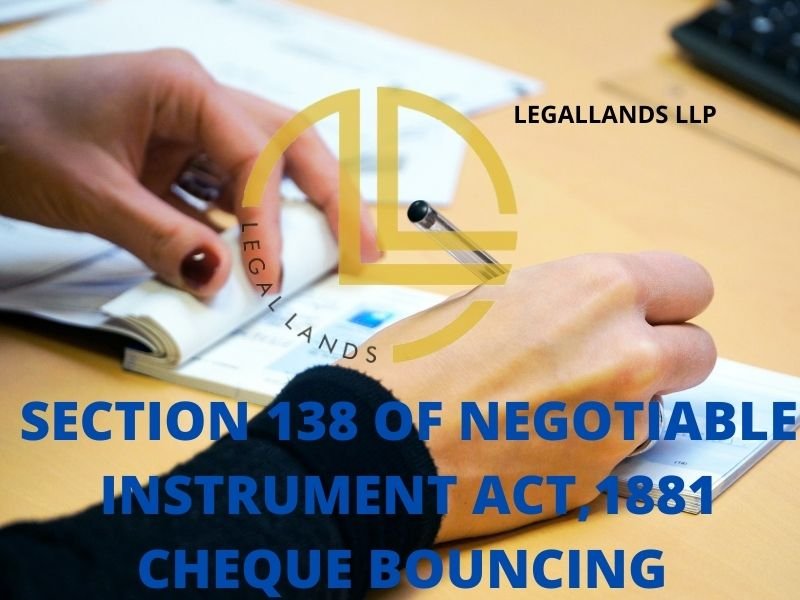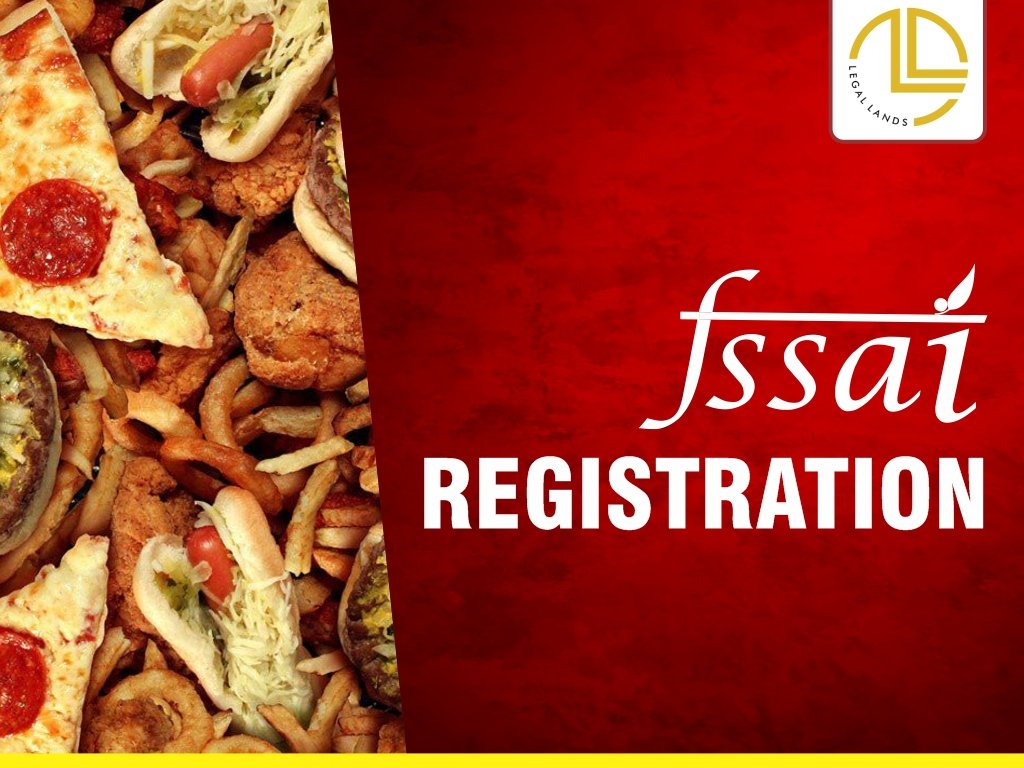WHAT ARE NEGOTIABLE INSTRUMENTS?
A Negotiable Instrument is a signed document that promises a certain amount of money will be paid to a specified person. The promise is from the promisor who promises to pay to the promisee who will receive the amount.
WHAT ARE THE TYPES OF NEGOTIABLE INSTRUMENTS?
The types of Negotiable Instruments are:
- Bill Of Exchange
- Cheques
- Promissory Notes
- Bill of Exchange
A bill of exchange is a Negotiable Instrument that is mainly used in international trade. It binds the issuer to pay a certain sum of money as mentioned in the bill of exchange to the payee on-demand or on a predetermined date. According to Section 5 of Negotiable Instruments Act, 1881, “A ‘bill of exchange’ is an instrument in writing containing an unconditional order, signed by the maker, directing a certain person to pay a certain amount of money only to, or to the order of, certain person to the bearer of the instrument.”
- Cheques
A check is a negotiable instrument that is issued by the issuer to its bank directing the bank to pay the specified amount as mentioned in the cheque (in digits and in words) to the payee whose name is written on the cheque.
According to Section 6 of the Negotiable Instruments Act, 1881 “A ‘cheque’ is a bill of exchange drawn on a specified banker and not expressed to be payable otherwise than on demand and it includes the electronic image of a truncated cheque and a cheque in the electronic form.”
- Promissory Notes
A promissory note is a type of negotiable instrument that is a written promise to pay a specific amount of money by the issuer to the payee either on-demand or on a specified date. Promissory notes are legally binding in nature. Thus, if a promissory note is executed and the issuer fails or defaults in making the payment, in that case, legal action can be taken up by the payee against the issuer.
SECTION 138 OF THE NEGOTIABLE INSTRUMENT ACT, 1881
Section 138 of the NI Act, 1881 deals with the penalties in respect of dishonor of cheques.
The essentials that attract an offense under Section 138 of the N.I. Act are:
- There should be a drawer and a drawee.
- The cheque is drawn in favor of the drawee.
- The cheque should be made in respect of the discharge of a liability.
- Presentation of the cheque in the bank of the drawee.
- The cheque returned by the bank was unpaid due to insufficient funds.
- The cheque has been presented before the bank within 3 months from the date of issuance (as written on the date column of the cheque).
- Within 30 days of receiving of bank memo, a notice has been served to the defaulting party to make the payment.
- Drawer fails to make the payment within 15 days from the receipt of the Notice.
In Yogendra Pratap Singh vs Savitri Pandey & Anr on 19 September 2014, the Supreme Court held that a case that has been filed a case lodged against the drawer (defaulting party) by the drawee before the lapse of 15 days in respect of receiving of the Notice is not maintainable.
WHAT IS THE PROCEEDING OF A CASE FILED U/S 138 NEGOTIABLE INSTRUMENTS ACT, 1881?
The process is as follows:
- Legal Notice is to be sent to the accused (defaulting party) within 30 days of the receipt of intimation about the dishonor of cheque.
- 15 days time period should be provided to the accused of making the payment.
- If the payment is not made within 15 days the Complaint case is to be filed U/S 138 NI Act, 1881 within 30 days (to be counted after the expiry of the time of 15 days given to the accused of making the payment).
- The complaint case is to be filed in the appropriate jurisdiction before the Magistrate of appropriate jurisdiction on such area.
- Appearance before the court and hearing of the matter on the same date in respect of the maintainability in respect of limitation and jurisdiction of the matter.
- Hearing of preliminary evidence by the Complainant and further the Court pass order for the summoning of the accused.
- The appearance of the accused. The accused is given the opportunity either to plead guilty or to defend himself/herself. If pleaded guilty then the court will pass an order accordingly. If the accused opts to defend himself the proceeding will continue.
- Filing of witness list by the complainant. Cross-examination of the Complainant and the witnesses of the complainant by the advocate of the accused.
- Filing of witness list by the accused. Cross-examination of the accused and witnesses of the accused by the advocate of the complainant.
- Final arguments are to be presented by the attorneys of both the parties and written submission can be submitted by the parties in support of the arguments presented.
- Passing of order by the Court, either of conviction or acquittal.
CONCLUSION
It can be concluded that there have been growing cases under the Negotiable Instruments Act and thus there is a need for speedy disposal of such matters and to execute such purpose efficiently the present act has been enacted to provide relief to the complainant. With major amendments made in the present act by introducing Section 143A which states payment of interim compensation to the complainant and Section 148 which states that if the accused appeals to the High Court then the accused/appellant has to deposit with the court a minimum of 20% of the fine or compensation awarded by the Trial court.






